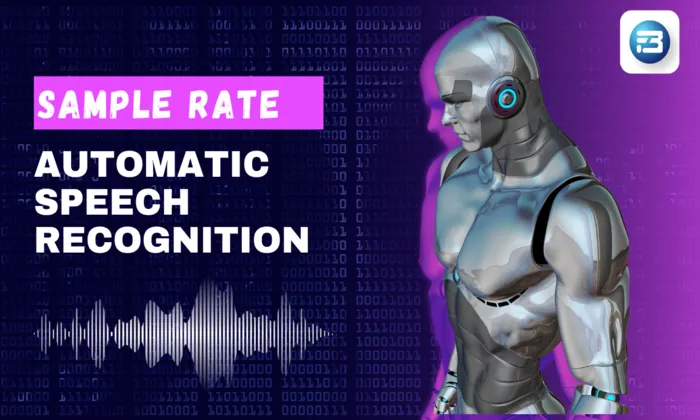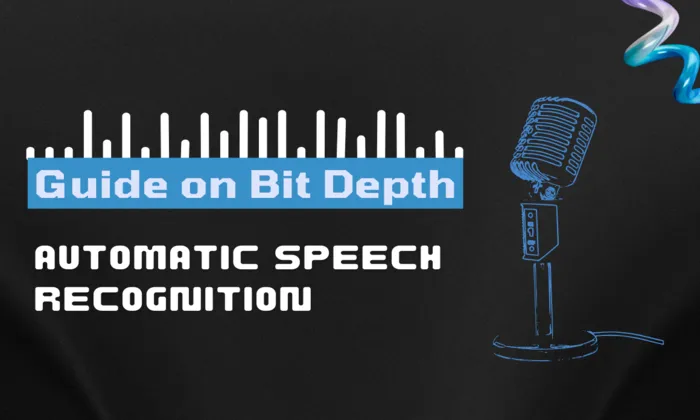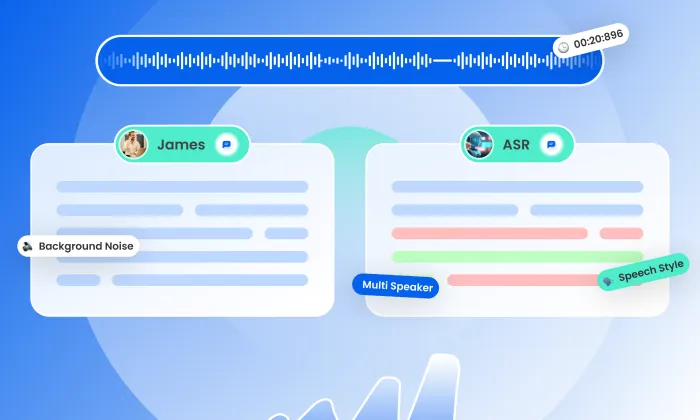How does dictation data enhance medical summarization tools?
Dictation
Healthcare
Summarization Tools
Dictation data plays a crucial role in enhancing medical summarization tools by offering a structured, terminology-rich foundation that aligns closely with clinical documentation practices. By understanding and leveraging these data, tools can produce more accurate and contextually relevant summaries.
Defining Dictation Data: Its Role in Medical Context
Dictation data consists of audio recordings where healthcare professionals articulate clinical notes. Unlike patient-doctor conversations, dictation is a monologue densely packed with medical terminology, reflecting sections like chief complaints, history of present illness, and plans. This structured format is essential for summarization tools to generate concise summaries, vital for effective medical record-keeping and communication.
Key Benefits of Dictation Data for Summarization Tools
- Rich Medical Terminology: Dictation captures precise medical language crucial for training models that need to understand complex medical information. This authenticity enhances the models' ability to produce accurate summaries.
- Real-World Clinical Context: Utilizing real dictation data exposes summarization tools to authentic clinical scenarios, improving their adaptability to language variations across specialties and clinician styles.
- Structured Format: Dictation's inherent structure helps tools easily identify relevant sections, facilitating the extraction of critical information and reducing the risk of missing essential elements in patient notes.
Enhancing Summarization Tools with Dictation Data
- Training Data Quality: High-quality dictation data provides a rich foundation for NLP models, allowing them to learn from authentic examples rather than scripted data, capturing real-world variability.
- Contextual Understanding: Dictation data helps tools develop a contextual understanding of medical language, crucial for creating summaries that accurately reflect the intent and content of original dictations.
- Named Entity Recognition (NER): Dictation often includes entities like medications and diagnoses. Training summarization tools with this data improves their ability to recognize these entities, crucial for structured summaries adhering to clinical standards.
Challenges and Considerations in Using Dictation Data
- Data Privacy and Compliance: Ensuring data is de-identified and compliant with regulations like HIPAA is paramount. At FutureBeeAI, we employ robust data handling practices to ensure privacy and compliance, leveraging our Yugo platform for secure data collection and consent management.
- Diversity of Data: Including diverse dictation samples reflecting various specialties, accents, and clinical contexts is critical. At FutureBeeAI, we ensure datasets are comprehensive, enhancing robustness across healthcare environments.
- Quality Assurance: High transcription and annotation accuracy are essential. FutureBeeAI employs a dual-layer QA process with automated checks and human review, ensuring data integrity for training summarization models.
Real-World Impacts & Use Cases
Dictation data's structured and context-rich nature can significantly enhance clinical documentation efficiency. For example, in a hospital setting, summarization tools trained on dictation data can reduce the time clinicians spend on documentation, allowing more time for patient care. Additionally, tools can improve information retrieval accuracy, supporting better clinical decision-making.
In summary, dictation data is a powerful asset for medical summarization tools. By choosing FutureBeeAI as your data partner, you gain access to expertly curated datasets, designed to elevate the accuracy and effectiveness of your medical AI solutions, all while ensuring compliance and privacy.
FAQs
Q. How does FutureBeeAI ensure the quality of dictation data?
A. FutureBeeAI employs a dual-layer QA process involving both automated checks and human reviews to ensure high transcription accuracy and terminology correctness. This results in datasets that meet the highest standards for training summarization models.
Q. What role does NER play in enhancing medical summarization tools?
A. Named Entity Recognition (NER) in dictation data helps tools accurately identify and categorize key medical entities like drugs and diagnoses. This enables the generation of structured and clinically relevant summaries, improving the usability of medical records.
What Else Do People Ask?
Related AI Articles
Browse Matching Datasets
Acquiring high-quality AI datasets has never been easier!!!
Get in touch with our AI data expert now!








